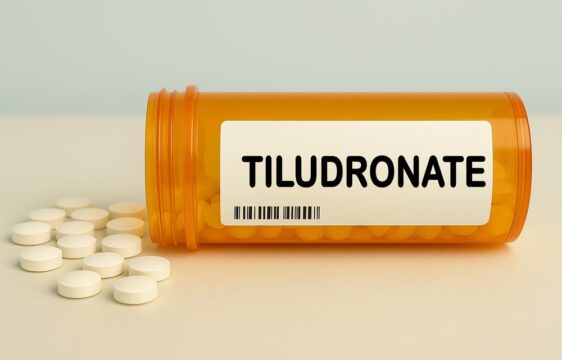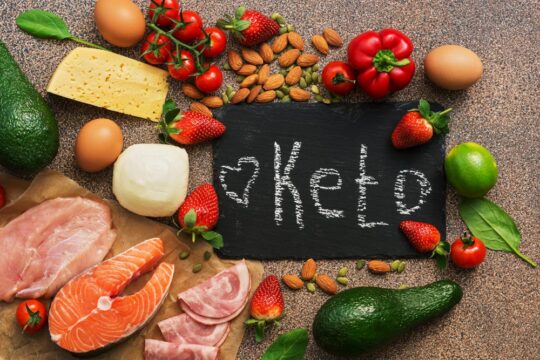Advertisment
How the western diet and gut bacteria can lead to scarring, vessel damage in scleroderma

The same metabolite is linked to cardiovascular and metabolic diseases.
A substance produced by gut microorganisms can lead to scarring and blood vessel damage in patients with scleroderma, a new study suggests.
The intestinal microbiome regulates immunity, and its alterations play a role in autoimmune conditions such as scleroderma. However, until now, researchers did not know how alterations in the intestinal microbiome contribute to fibrosis and vascular damage characteristic of scleroderma.
Researchers from Michigan Medicine investigated how a compound generated by the gut microbiome called trimethylamine N-oxide, or TMAO, could cause changes to cellular processes in scleroderma that trigger fibrosis, inflammation and vascular injury.
TMAO is formed in the liver after the gut metabolizes nutrients such as choline and carnitine, which are abundant in the Western diet that is rich in meat. Results published in iScience reveal that the TMAO can reprogram cells to become scar-forming myofibroblasts, which lead to fibrosis and vascular damage. Moreover, the enzyme responsible for the formation of TMAO, called FMO3, is elevated in patients with scleroderma.
“We have uncovered a novel mechanism linking the Western diet, the gut microbiome and some of the devastating effects of scleroderma,” said John Varga, M.D., senior author of the paper and chief of the Division of Rheumatology at University of Michigan Health. “We will next examine whether drugs, or food products like virgin olive oil, can be used to block formation of this compound in the gut to treat fibrosis.”
The research team also included investigators from the Cleveland Clinic and Northwestern University.
Journal Reference:
- Seok-Jo Kim, Swarna Bale, Priyanka Verma, Qianqian Wan, Feiyang Ma, Johann E. Gudjonsson, Stanley L. Hazen, Paul W. Harms, Pei-Suen Tsou, Dinesh Khanna, Lam C. Tsoi, Nilaksh Gupta, Karen J. Ho, John Varga. Gut microbe-derived metabolite trimethylamine N-oxide activates PERK to drive fibrogenic mesenchymal differentiation. iScience, 2022; 25 (7): 104669 DOI: 10.1016/j.isci.2022.104669





